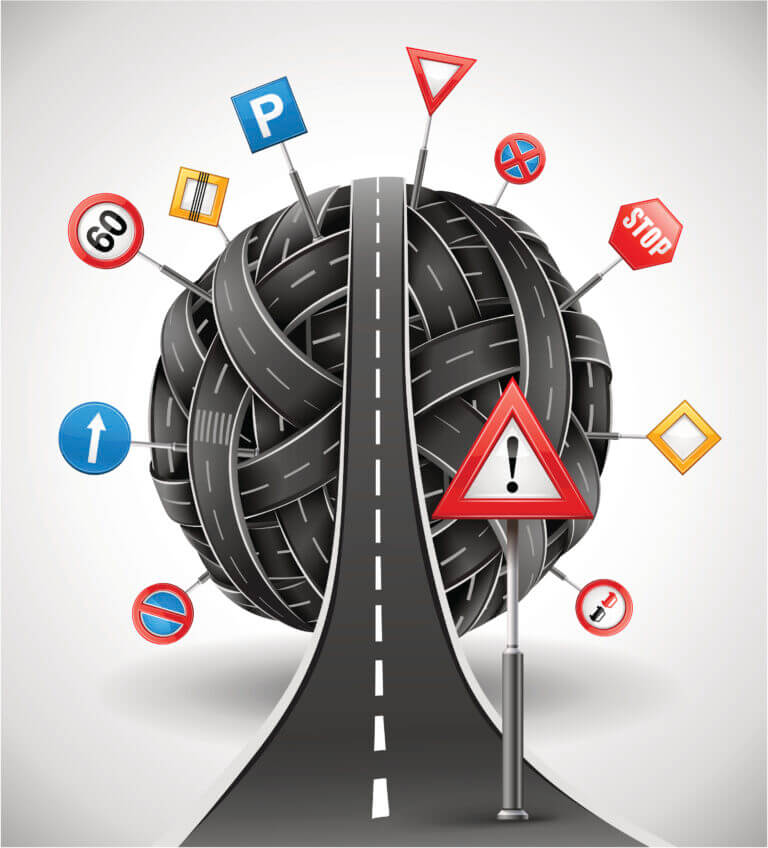The heart-wrenching feeling of a stolen car is indescribable. Your precious wheels, often more than just metal and rubber, become a part of your life, and their sudden disappearance feels like a violation. But in the midst of this despair, a glimmer of hope remains: the possibility of recovery. This guide explores the various ways you can find out if your stolen car has been recovered, offering crucial information and support in your darkest hour.
The Immediate Action – Reporting and Documentation
The first 24 hours after a car theft are critical. Every minute lost shrinks the chances of recovery. Act swiftly and decisively by:
Contacting the police: Filing a police report is paramount. Provide them with your car’s details, license plate number, and any distinguishing features. The sooner you report, the higher the chances of immediate action and deployment of resources.
Gathering documentation: Assemble documentation like your car’s registration, insurance papers, and any recent service receipts. These will be crucial for identification and claim processes later.
Informing your insurance company: Contact your insurance provider as soon as possible. They might have specific protocols for reporting stolen vehicles and initiating claims.
The Power of Technology – Tracking and Tracing Tools
Modern technology offers powerful tools to track and trace stolen vehicles. If your car was equipped with:
- GPS tracking systems: Contact the tracking company immediately. They can provide real-time location updates and assist law enforcement in recovery efforts.
- Onboard diagnostics (OBD) systems: These can offer valuable insights into the vehicle’s movement even if the tracker is disabled. Some advanced systems even trigger alerts for suspicious activity.
- Smartphone apps: Certain car manufacturers offer smartphone apps that provide remote access to vehicle data and location information. Utilize these resources to the fullest extent.
The Official Channels – Following Up with Authorities
While technology plays a crucial role, staying in touch with official channels is equally important:
- Maintain contact with the investigating officer: Assigned officers handling your case should be your point of contact for updates and information. Don’t hesitate to politely follow up regularly.
- Check police databases: Many police departments have online databases where you can access information about recovered vehicles. Check websites or inquire with the investigating officer about such resources.
- Utilize national databases: Depending on your location, national stolen vehicle databases might exist. These databases provide centralized information on reported thefts and recoveries, expanding your search scope.
The Community Network – Harnessing the Power of People
Beyond official channels, the power of the community can be invaluable:
- Spread the word on social media: Share information about your stolen car on relevant social media platforms, neighborhood forums, and local groups. Include clear pictures and distinctive details to increase the chances of recognition.
- Engage with local media: Contact local news outlets and report your story. Media attention can raise awareness and potentially bring new leads to light.
- Collaborate with neighborhood watch groups: These groups often have vigilant members who may have witnessed suspicious activity or have information about your car’s whereabouts.
The Private Sector – Engaging Recovery Agents
For additional support, consider:
- Licensed vehicle recovery companies: These specialized professionals have expertise in tracking and retrieving stolen vehicles. They often utilize advanced technology, extensive networks, and negotiation skills to increase recovery chances.
- Private investigators: While not directly involved in recovery, private investigators can gather additional information and leads about your stolen car’s whereabouts or the perpetrators involved.
Post-Recovery Steps – A Reunited Ride But Unfinished Business
If the joyful news of your car’s recovery arrives, here’s what to do:
- Contact your insurance company: Inform them immediately about the recovery. They will guide you through the claiming process and any necessary repairs or damage assessments.
- Collect your car: Follow the instructions provided by law enforcement or the recovery agency regarding the vehicle’s retrieval. Ensure proper documentation and paperwork are in order.
- Report any damage: Document any damage sustained by the car during the theft and report it to your insurance company for repairs or compensation.
Beyond Recovery – Preventing Future Ordeals
While every stolen car case is unique, proactive measures can minimize the risk:
- Invest in security systems: Visible and audible alarms, immobilizers, and GPS tracking systems can deter thieves and increase recovery chances.
- Practice safe parking: Park in well-lit, secure areas, avoid isolated locations, and engage parking brakes and steering wheel locks.
- Remain vigilant: Be aware of your surroundings and report any suspicious



